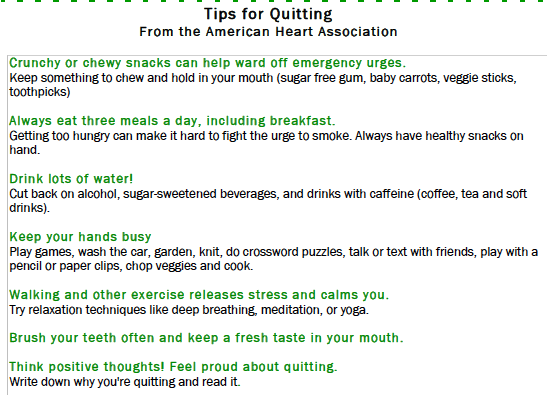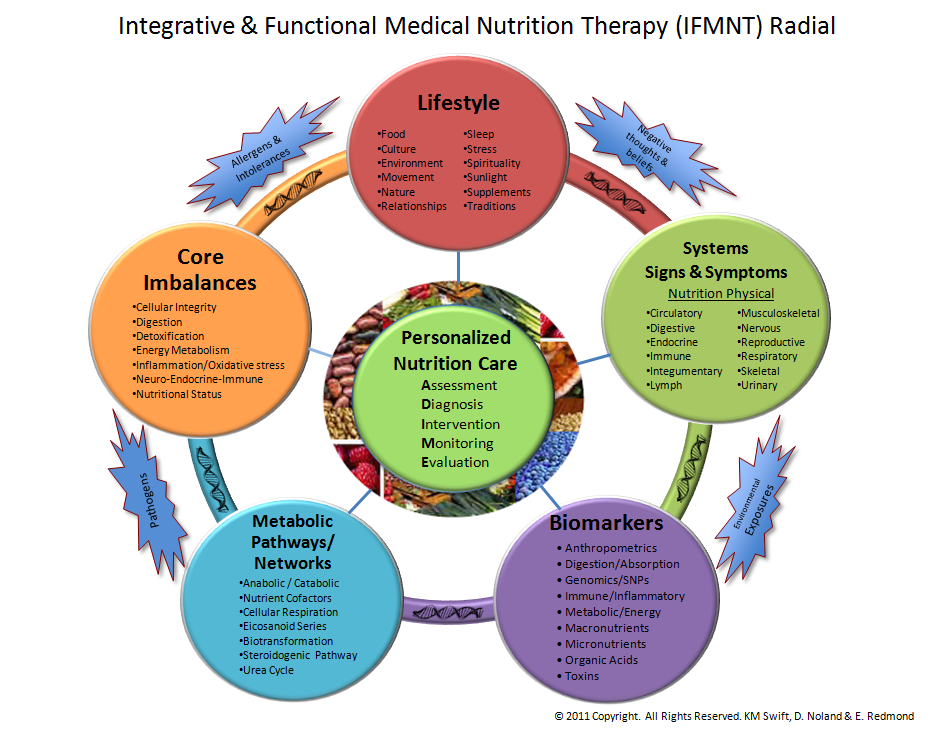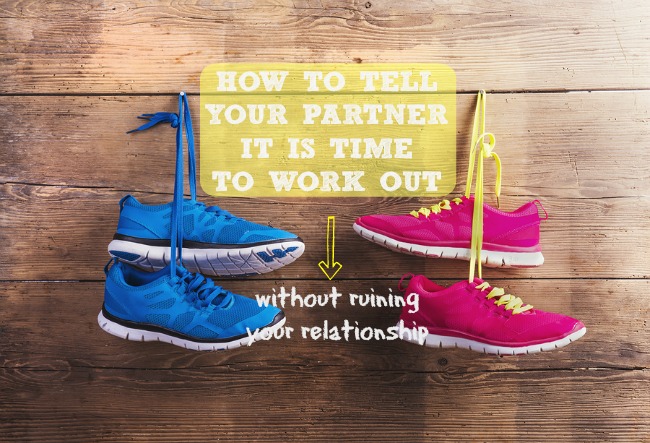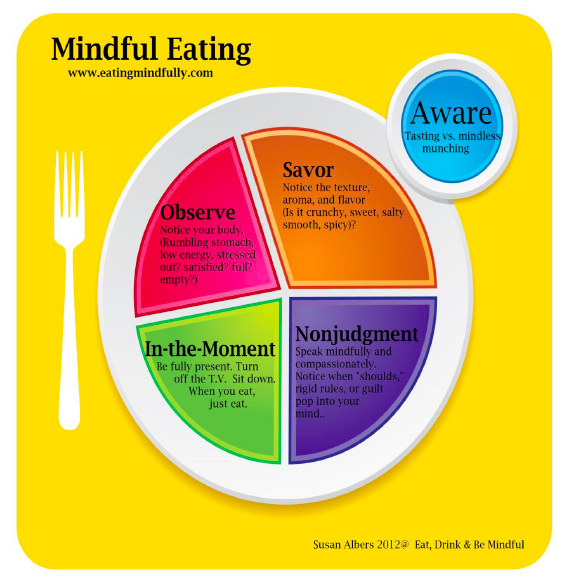We all know that smoking is “bad” for us, but what does that really mean?? This past week marked the American Cancer Society’s Great American Smokeout, an ongoing event that, since the 1970s, has aimed to challenge people to quit smoking and learn how to stay tobacco-free.

Did you know smoking puts you at risk for high blood pressure, high cholesterol, diabetes, heart disease, aneurysm, stroke, respiratory disease and most cases of lung cancer, and even cataracts
and acid reflux? Eating poorly along with smoking raises your risk for these
illnesses even more.
In my latest article in Health and Wellness Magazine I do a deep dive on the nutritional effects of tobacco use and how it negatively effects virtually every part of how your body functions. Here are some highlights:
Increased Nutritional Needs
- Research shows smokers tend to eat less nutritious diets— for example, eating more calories, saturated fat, and less fiber and vitamins than nonsmokers. At the same time, smoking depletes the body of large amounts of antioxidant nutrients like Vitamin C and E, which the body uses to combat the oxidative stress caused by toxins in tobacco smoke.
Smokers should aim for an extra 35 milligrams (mg) of vitamin C per day than nonsmokers.
The Importance of Weight Management and Physical Activity
- Studies show that smokers who are also obese (BMI of over 30) live 13 years less
than smokers who are at a healthy weight. While many smokers believe smoking
helps them lose weight, science shows that heavy smokers are more likely to be
overweight, especially around the waist, building up fat around vital organs.
Focus on whole grains, fruits, vegetables, beans, nuts, seeds—with plenty of water and enough physical activity and exercise to help keep your weight healthy and stable. A healthy weight, exercise, and eating nutritious foods help combat the damage and risk for disease caused by smoking.
An estimated 36.5 million Americans smoke cigarettes, and tobacco use is the single largest preventable cause of premature death in the world. Don’t be a statistic, COMMIT TO QUIT!

What do Integrative Dietitian Nutritionists do?
Before addressing this common question " What do integrative dietitian nutritionists do?", let's first clarify that while all dietitians are nutritionists, not all nutritionists are dietitians! The three steps required to become a nationally credentialed [...]
Do Physicians Need Nutrition Education?
Why Dietitians and Doctors Must Work Together The state of nutrition education in medical schools is pretty grim, and several recent news stories have brought to light the reality of how little nutrition training med [...]
Do you workout with your spouse? Could you workout with your spouse?
How to workout with your spouse and enjoy it. Our bodies are living vehicles transporting us through our daily lives. Just like our mechanical counterparts, our bodies require constant maintenance and care too (though of [...]
The Academy of Nutrition and Dietetics Public Policy Workshop
I traveled to DC recently with more than 350 colleagues to take part in the Academy of Nutrition and Dietetics Public Policy Workshop June 7-9th 2015. This workshop focuses on advocating for legislation regarding nutrition-related [...]
5 Reasons to Shop at a Farmer’s Market
It' the perfect time of year to enjoy putting those reusable grocery bags and beautiful Saturday mornings to use while ramping up your nutrition and checking off grocery shopping from the 'to-do' list. When fruits [...]
Do you actually get your daily supply of vitamins and minerals?
Supplements 101: Vitamins, Minerals, and You! PART I What are Vitamins and Minerals? We have all read the definition of vitamins and minerals in general health class or anatomy and physiology. Maybe they don’t mean [...]
Post a comment:








